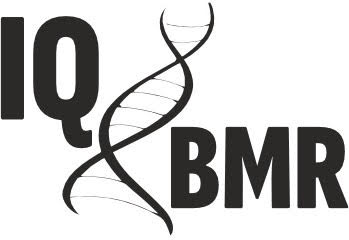Liliana Ioana Vâţă, Ioannis Mavroudis
ABSTRACT :
Dental occlusion plays a significant role in maintaining the health of the periodontium and the functional balance of the stomatognathic system. Occlusal trauma occurs when occlusal forces exceed the adaptive capacity of the periodontal supporting tissues, potentially leading to pathological changes such as tooth mobility, widening of the periodontal ligament space, and alveolar bone resorption. Although it does not directly initiate periodontal disease, traumatic occlusion can accelerate and exacerbate destructive processes in the presence of gingival inflammation. Additionally, occlusal interferences may trigger abnormal neuromuscular responses, reflected in increased muscle activity, fatigue, and potential temporomandibular disorders. This combination of factors highlights the importance of thorough occlusal evaluation in the diagnosis and treatment of periodontal disease, as well as the necessity of correcting occlusal imbalances in order to prevent musculoskeletal complications. This study explores the influence of occlusion on periodontal disease, with a focus on the impact of traumatic occlusion and occlusal interferences on the periodontal supporting tissues. Furthermore, it discusses muscular responses to occlusal interferences and how they may contribute to functional imbalances and the aggravation of existing pathologies. By reviewing current literature and analyzing the underlying mechanisms, the article emphasizes the need for early diagnosis and correction of occlusal dysfunctions in the context of periodontal therapy.

